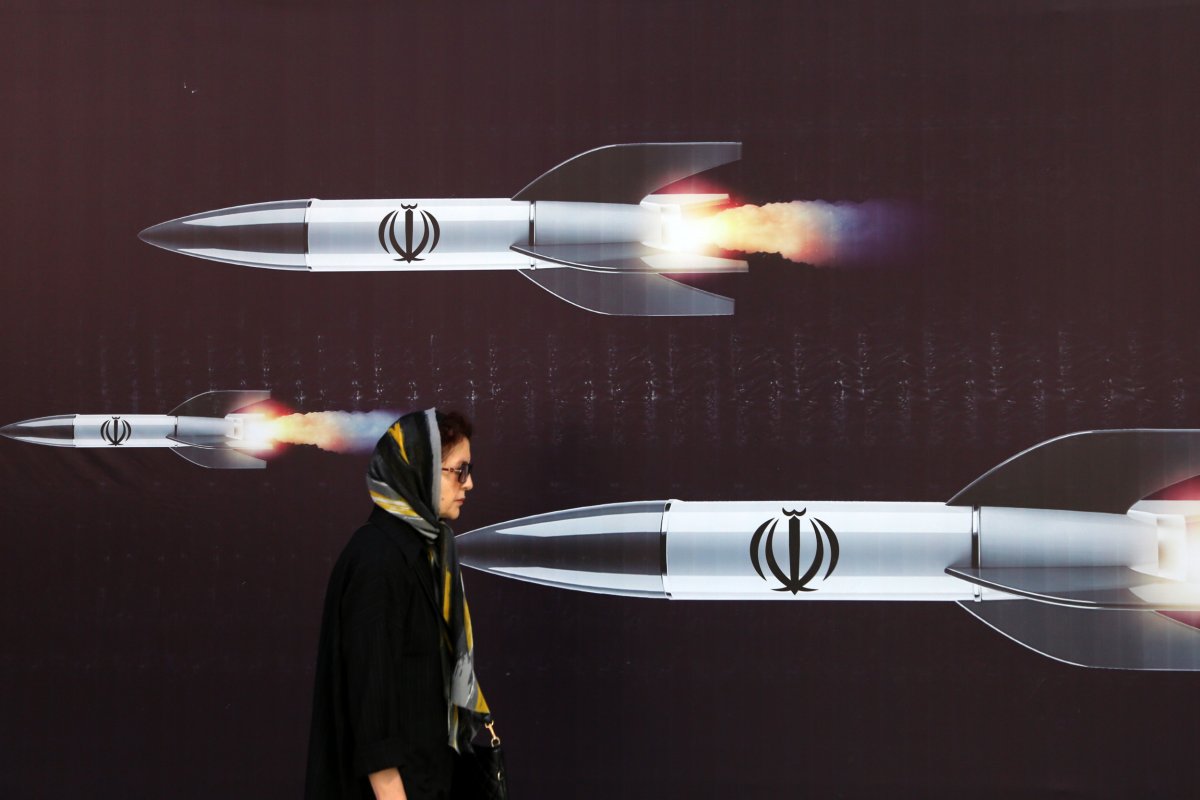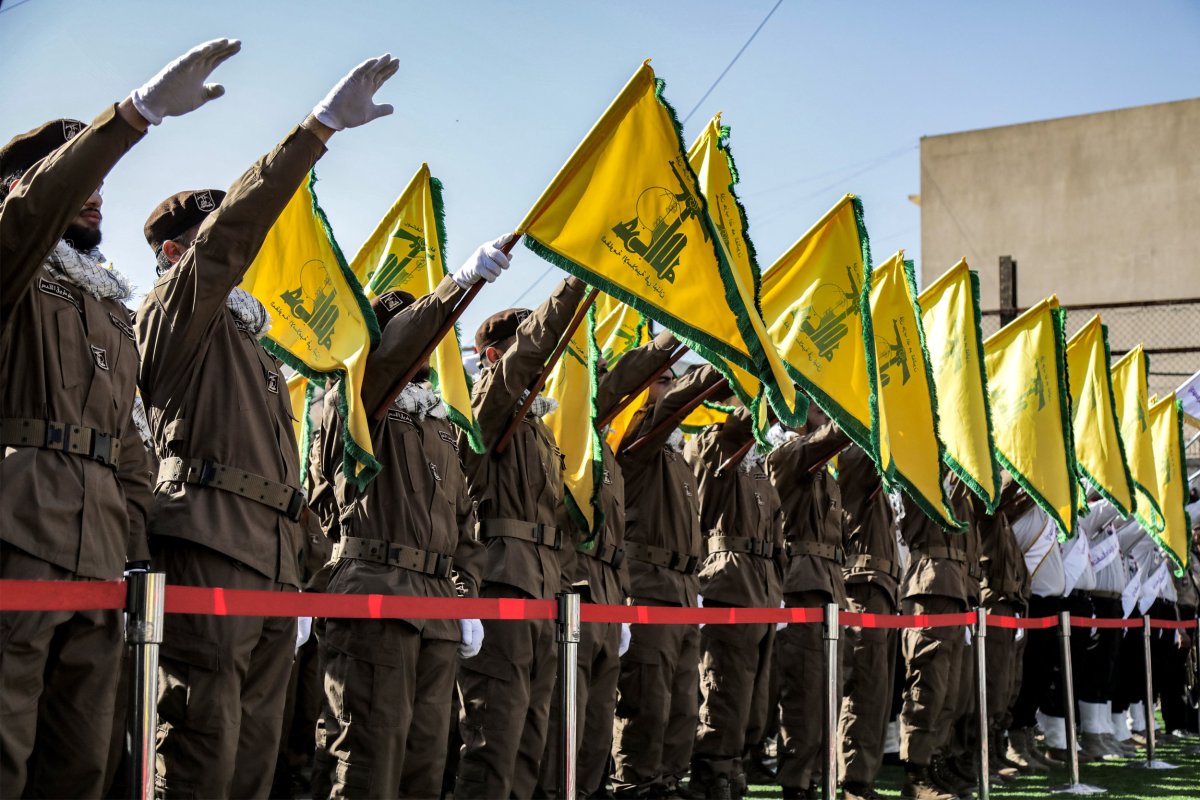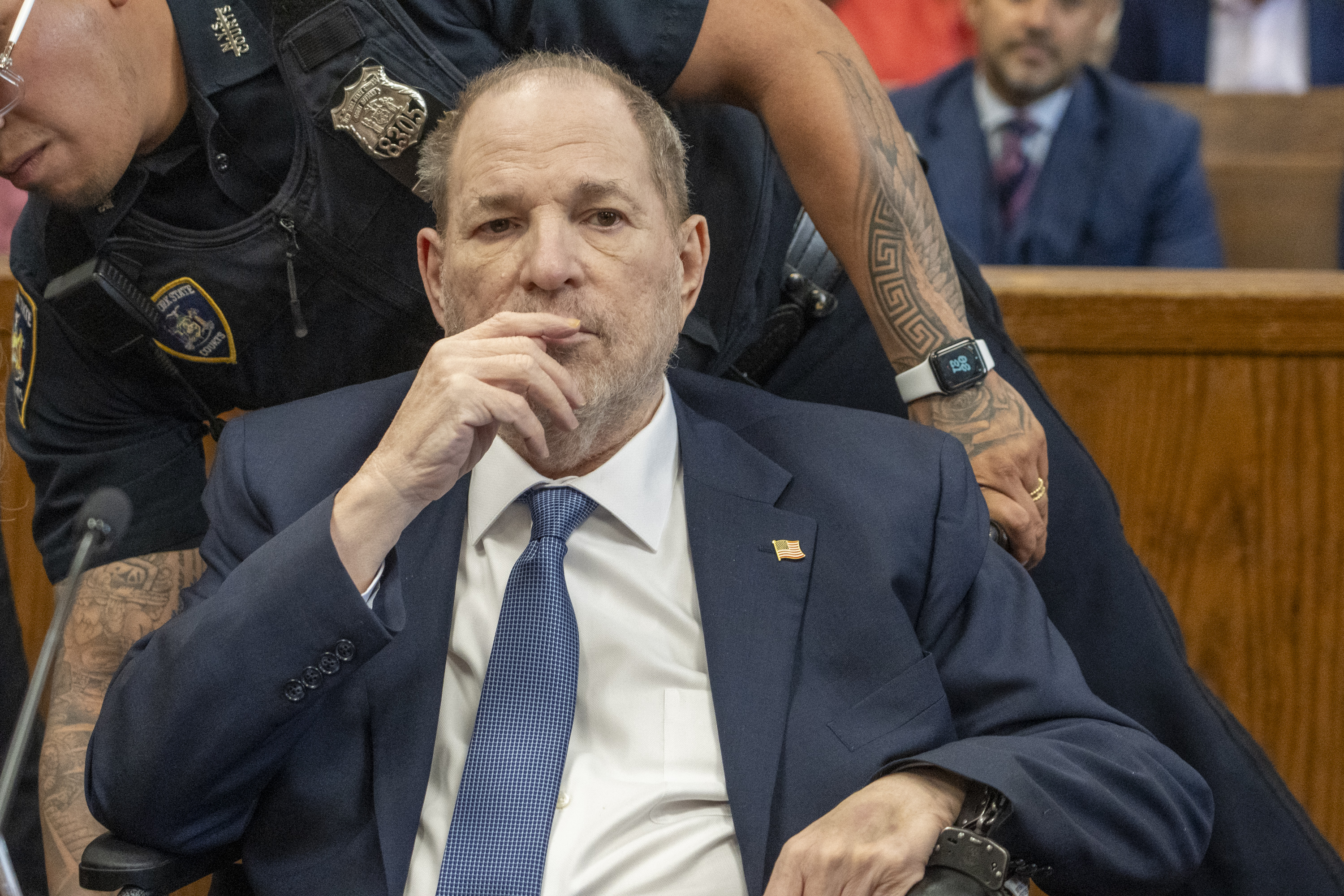Iran and its Lebanese Hezbollah partners appear to be dismissing the significance of Israel's reported overnight strike on targets inside the country, as the world again waits to see if the regional tit-for-tat attacks escalate into a broader and more destructive showdown.
"Iran does not need anyone to defend it; her capabilities are strong," a source close to the Tehran-aligned militia—who requested anonymity as they were not authorized to speak publicly on the matter—told Newsweek on Friday morning, as reports emerged of multiple Israeli strikes in Syria, Iraq, and Iran.
When pressed as to whether Hezbollah would join any retaliation by Iran—as its leaders have repeatedly threatened to do—the source responded: "Has Israel really done anything? We didn't feel it at all."
Tehran appears to be downplaying the significance of the reported attack, according to Reuters. "The foreign source of the incident has not been confirmed," an unnamed senior Iranian official told the agency. "We have not received any external attack, and the discussion leans more towards infiltration than attack."
Newsweek has contacted the Iranian mission to the United Nations in New York on Friday to request comment.

The Hezbollah movement—a powerful Shi'ite armed militia and political movement based in southern Lebanon—has long been aligned with Tehran, and a key part of the informal "Axis of Resistance" grouping fighting against Israel and the U.S. across the Middle East.
Hezbollah has been involved in constant cross-border skirmishes with Israeli forces since Hamas' October 7 infiltration attack and the subsequent offensive by Israel into the Gaza Strip.
Israeli leaders have repeatedly threatened a new major offensive into southern Lebanon in response, aiming to force Hezbollah to withdraw north of the Litani River; a demarcation line set by the United Nations Security Council in a bid to resolve the 2006 Israel-Lebanon War.
"Hezbollah is carrying out its duties in defending Lebanon and its south, and supporting the Gaza front," the source responded when asked whether the current Israel-Iran conflagration would impact Hezbollah's ongoing operations. Newsweek has contacted the IDF Spokesperson's Unit via WhatsApp to request comment.
Details of the purported Israeli attack—which Israel has not confirmed or denied, in line with its longtime policy on foreign military action—are still emerging as world leaders call for calm. Some observers have said that the reported overnight strikes may only be part of a larger Israeli action.
The only hint of Israeli's responsibility thus far has come from far-right National Security Minister Itamar Ben-Gvir, who posted a seemingly critical analysis on X—formerly known as Twitter—writing only: "Feeble."
U.S. officials have confirmed Israeli strikes. CNN reported that the White House was given forewarning and that it was understood that Iranian nuclear facilities would not be targeted.
Iranian state media reported that air-defense batteries were activated after explosions near a major air base close to the central Iranian city of Isfahan, which is also home to sites linked to Tehran's nuclear program. Explosions were also reported above the northwestern city of Tabriz.
Senior Iranian army commander Siavosh Mihandoust said there was no damage in Isfahan, and that air-defense units were activated in response to "a suspicious object." The International Atomic Energy Agency (IAEA) said there was no damage to any nuclear facilities.

Uncommon Knowledge
Newsweek is committed to challenging conventional wisdom and finding connections in the search for common ground.
Newsweek is committed to challenging conventional wisdom and finding connections in the search for common ground.
fairness meter
To Rate This Article
About the writer
David Brennan is Newsweek's Diplomatic Correspondent covering world politics and conflicts from London with a focus on NATO, the European ... Read more
To read how Newsweek uses AI as a newsroom tool, Click here.








